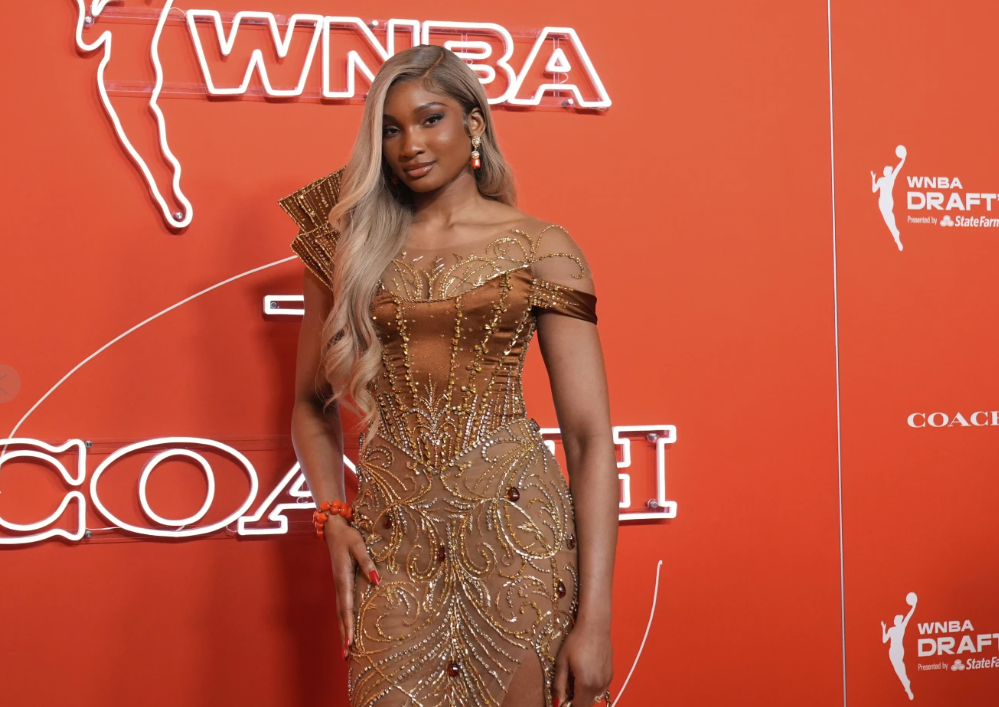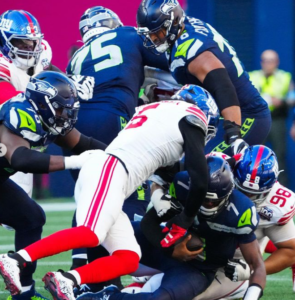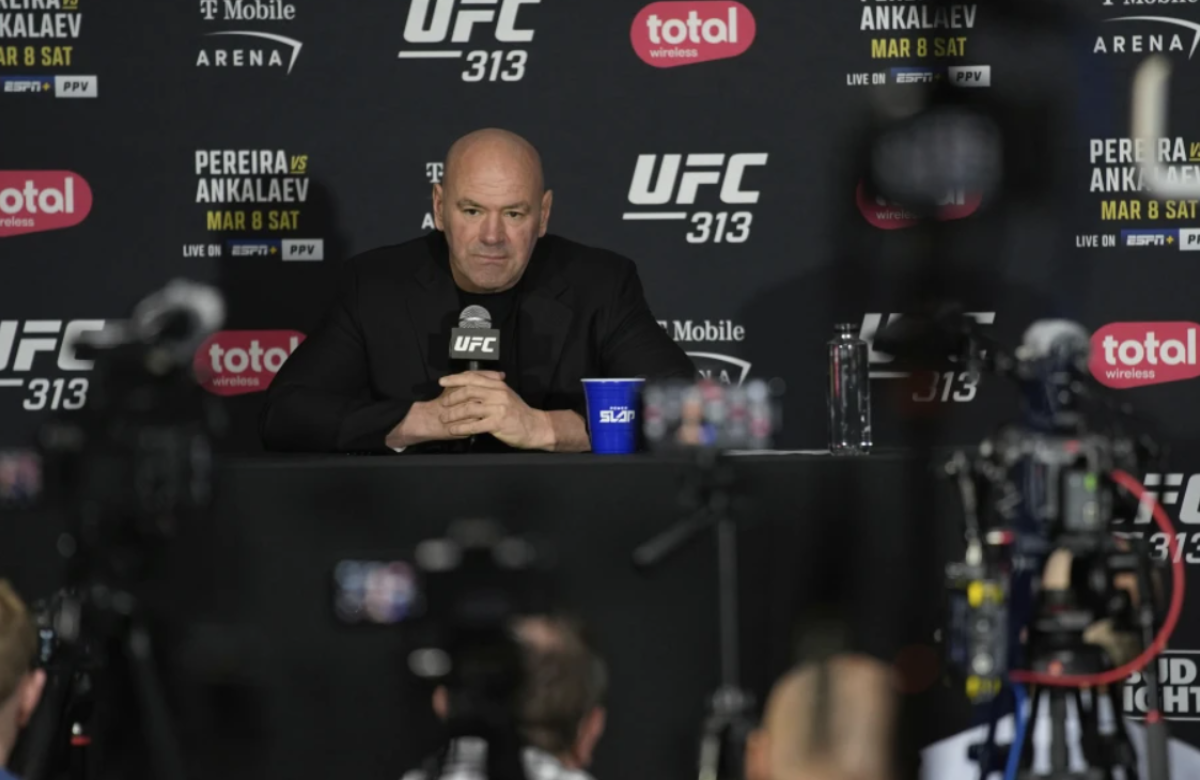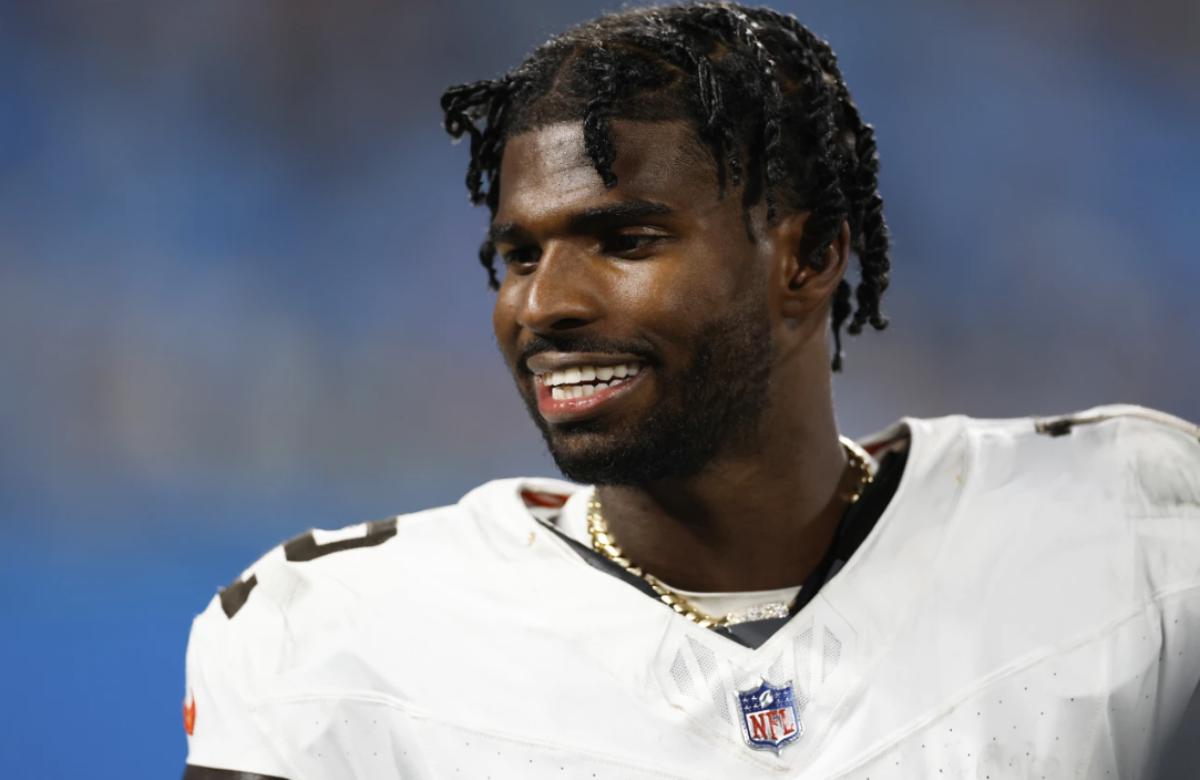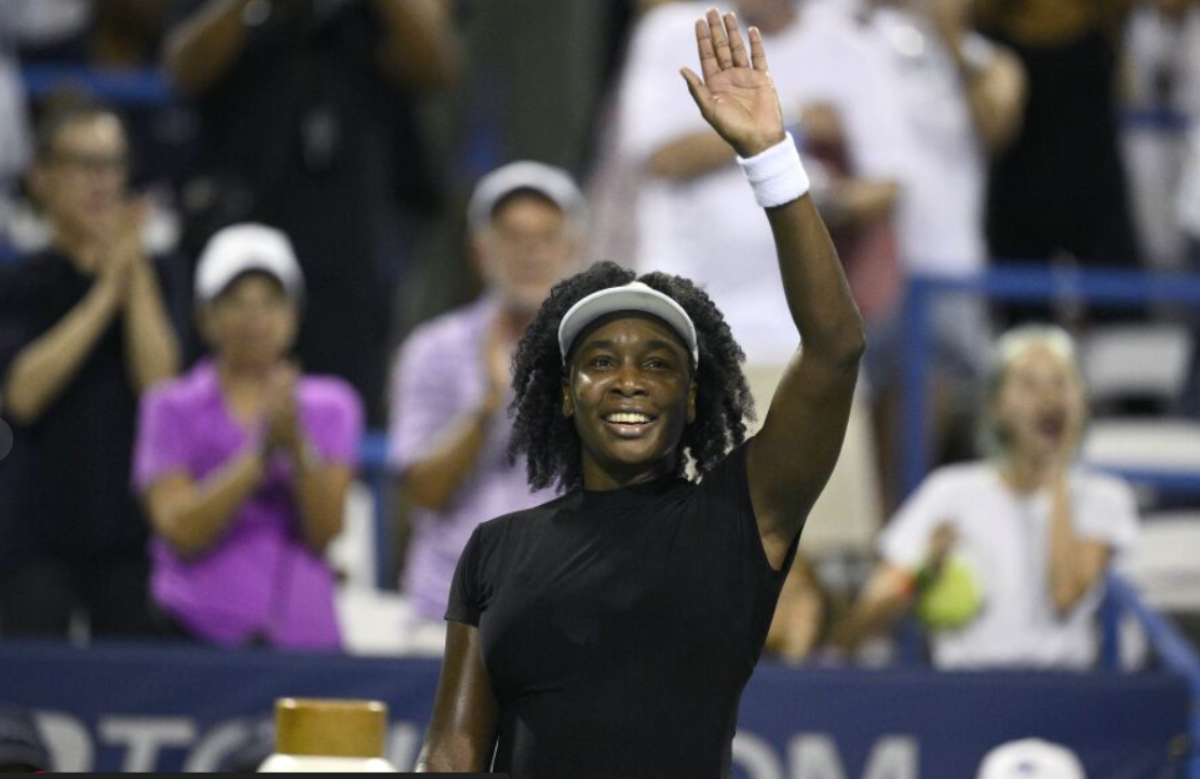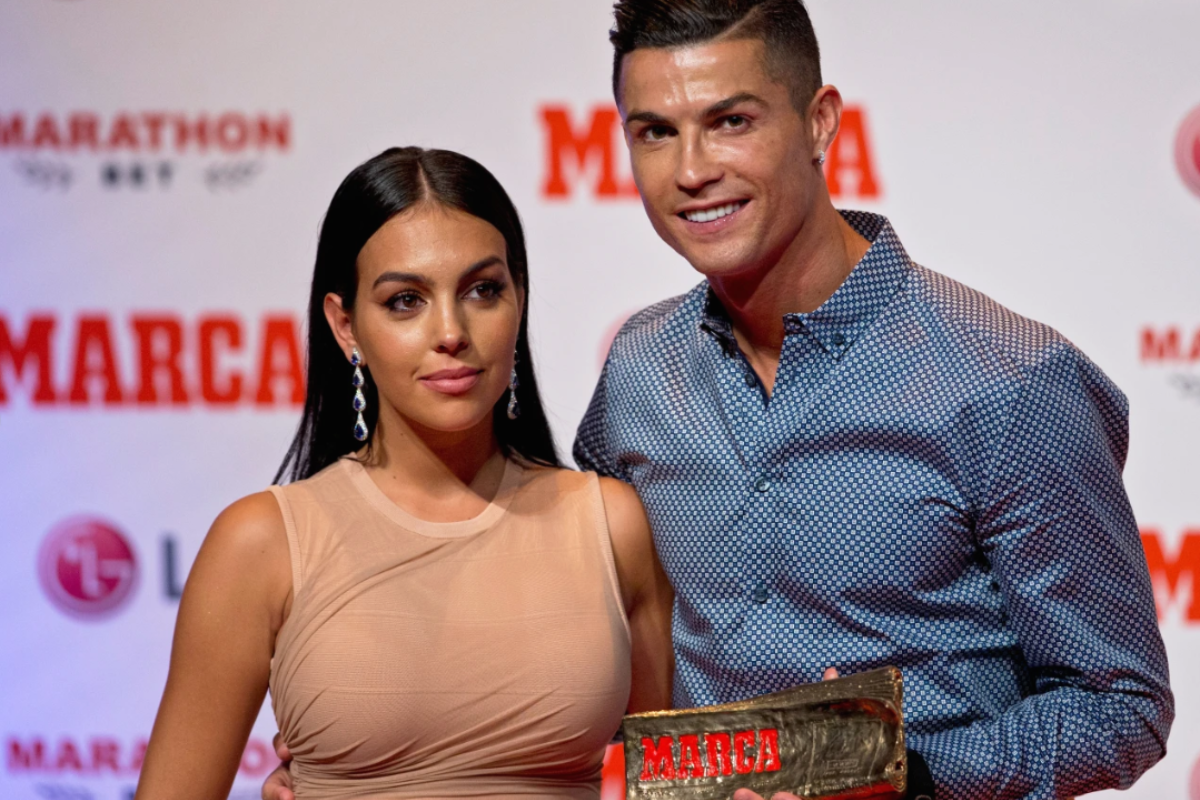The WNBA draft has evolved into more than a showcase of athletic talent—it’s now a vibrant celebration of identity, heritage, culture, and self-expression.
While Paige Bueckers may have claimed the No. 1 pick, it was Kiki Iriafen who turned the most heads on draft night with her stunning fashion statement. Even Bueckers gave her credit, calling Iriafen the best dressed of the evening.
Selected fourth overall by the Washington Mystics, Iriafen recently completed her senior year at USC, where she averaged 18 points and 8.4 rebounds per game. On the orange carpet, she chose to honor her Nigerian roots in a big way.
“I’m Nigerian, so I wanted to work with a Nigerian designer,” Iriafen shared. “I was really specific—I wanted a slip, I wanted the waist cinched. I couldn’t really breathe, but I wanted to feel and look amazing.”
Her outfit—a shimmering, gold custom gown adorned with intricate detailing—was designed by Nneka Alexander, the same designer behind Chiney Ogwumike’s wedding dress. To complete the look, Iriafen wore traditional Nigerian orange-beaded bracelets, blending modern elegance with rich cultural symbolism.
Iriafen wasn’t the only player making cultural statements through fashion.
Dominique Malonga, the 6-foot-6 forward from France and the No. 2 overall pick by the Seattle Storm, arrived in a sharp, minimalist Louis Vuitton suit. “It was a big collaboration,” she said. “I like things simple and classic.” Though understated in style, her confidence on the court tells a different story—at just 19, she’s already been competing at a high level in Europe for several years.
Her new teammate, point guard Nika Muhl, also brought her cultural identity to the forefront. Originally from Croatia, Muhl said she wanted to proudly represent her homeland. She wore a sleek black pantsuit with a crop top and a striking chain of keys across her body, styled by a Croatian designer and stylist from the brand Y/GIA.
Even those who couldn’t attend the draft in person found meaningful ways to express who they are.
Te-Hina Paopao, South Carolina’s standout guard who went 18th to the Atlanta Dream, joined the broadcast remotely from her draft party in California. Dressed in traditional Samoan attire with multiple flower leis around her neck, she honored her roots with pride.
“I’m so blessed to be Samoan,” she said. “When you think of Samoan culture, you think of family. I’m excited to bring that to Atlanta.”
Behind her, about 300 family members and supporters filled the space—an overwhelming visual of unity and pride.
This year’s WNBA draft reminded everyone that while basketball is the centerpiece, the league is also a powerful platform for players to tell their stories, represent their communities, and show up as their full, authentic selves—both on and off the court.
